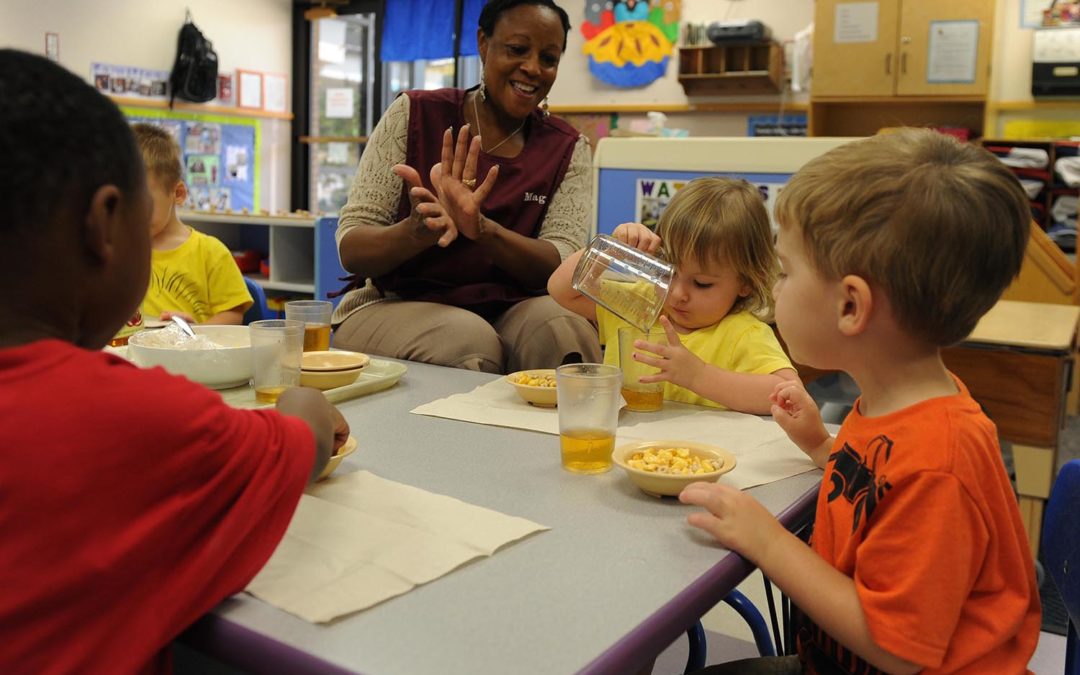Why is communication very important? Communication is vital because it is the foundation of all human relationships. The process of communication cannot be simply regarded as a phenomenon which simply happens. Rather, it should be viewed as a process which involves two or more persons conveying their roles whether consciously or unconsciously.
Language is the basis of communication. It allows people to communicate with utmost accuracy. It is a communication method used to impart a message to one another.
As early as 10 months, babies can already distinguish speech sounds and normally engage in babbling. The phases of speech and language development are the same for all children. The variation lies in the age and rate at which children develop language due to individual differences. Over the course of a baby’s first year, the baby’s language skills will grow rapidly. Parents play a crucial role in their child’s language development. The importance of expediting language in young children is exceptional. Studies have shown that early exposure is essential to their development. Promoting more high-quality language interplays between children and adults gives children the extraordinary skills, knowledge and understanding that can foster their language and communication growth. Better language skills are essential since they help your child become better communicators. Using language and communication with children is pivotal for their success and future.
There are several ways to encourage speech and language development with a child. The following are just some of the recommended and effective strategies that can be used to help enhance your child’s speech and language skills.
- Be a good role model – speak audibly using a slow pace.
- Language level – speak using the language your child can understand and express.
- Sit down with your child – spend quality time with your child by looking at a book together and discussing the pictures in the book.
- Turn off any noise – let your child focus on what you’re trying to teach him/her. Don’t let any distractions stand in the way.
- Monitor and make a remark – observe and comment on the things that your child is doing.
- Let your child lead – self-confidence can be acquired by letting your child be the leader.
- Books – exposure to books can develop a child’s early literary skills and a love of reading.
- Sing and recite – rhythm and melody can help with speech, language, and literacy development.
- Never criticize – instead, repeat your child’s statements back to him/her with the correct pronunciation and words.
- Every moment matters – never a dull moment. Make every moment a language learning experience.
There are still other ways and activities to encourage speech and language development aside from the ones mentioned above. A child can acquire new language and skills through play, basic and plain interactions, and experiences. Make your child’s speaking and listening experiences memorable and enjoyable. During all interactions with your child, it is of utmost importance that you create an environment that is conducive to learning and developing speech and language skills. For most children, learning is easy and making possibilities for learning can also be creative and fun.
- Talking Some Sense: Parental Communication Through the Ages - September 12, 2023
- Setting a Good Example: How Children Inspire Adults - August 11, 2023
- Transforming Screen Time into Interactive Reading - July 25, 2023

Trackbacks/Pingbacks